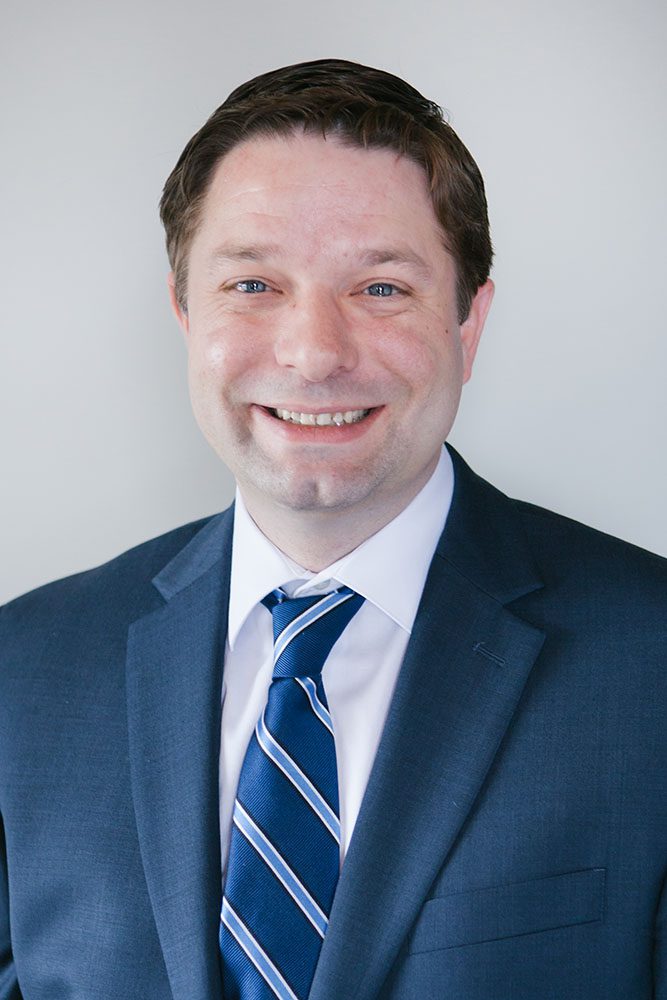One of the biggest names in computer and electronic products (if not the biggest), Apple, is currently the subject of an Occupational Safety and Health Administration (OSHA) whistleblower complaint. However, the former employee whom Apple is being accused of retaliating against neither filed a complaint with the enforcement agency nor participated in an investigation conducted by the agency. In fact, it appears that no investigation by OSHA into the allegations raised by this former employee was ever initiated or even contemplated by the agency. How, then, could this former employee file an OSHA whistleblower claim against Apple?
The individual at the center of this investigation is Ashley Gjøvik, who was employed as Senior Engineering Program Manager at Apple’s facility in Sunnyvale, California. In March of 2021, she began raising concerns over the facility’s location on an alleged superfund site. Superfund sites are areas that have been exposed to extreme pollution requiring a long-term response to clean up hazardous material contaminations.
According to Gjøvik, her concerns were dismissed by Apple. She also alleges that she was advised by her employer not to speak about her concerns and was subjected to harassment and bullying by management and fellow team members. Gjøvik, who in the past year has also made public allegations about employee privacy issues and other concerns via Twitter, ultimately felt compelled to seek help from outside of the company.
Gjøvik filed complaints related to her superfund site allegations with the Environmental Protection Agency (EPA) and the Securities and Exchange Commission (SEC). She did not, however, file a complaint related to the matter with OSHA. Accordingly, OSHA never investigated the validity of Gjøvik’s claims nor took any steps to determine whether the Sunnyvale facility was an unsafe environment for employees.
In early August, Apple placed Gjøvik on administrative leave while it investigated a sensitive intellectual property matter related to her employment. On September 9, 2021, the company requested to speak with Gjøvik about the matter, but she insisted that she would only correspond with the company in writing and forwarded the communication to the National Labor Relations Board (NLRB). Without Gjøvik’s input into the intellectual property matter and due to the seriousness of the issue, Apple terminated her employment effective the next day. Gjøvik claims both her suspension and termination were in retaliation for her alleged whistleblowing.
A spokesperson for OSHA has confirmed that the agency is investigating a retaliation complaint filed by Gjøvik related to her termination, despite the fact that she never filed a complaint related to the underlying unsafe workplace allegations with the agency. Pursuant to OSHA’s Whistleblower Protection Program, an employee does not need to actually file a complaint with the agency to become entitled to protection against retaliation. Whistleblower protection attaches to an employee when that employee raises concerns about workplace safety of which the employer is made aware. Therefore, it is not a prerequisite for an employee to file a complaint with OSHA related to a workplace safety issue prior to filing a retaliation complaint.
Here, Gjøvik became eligible for protection under OSHA’s Whistleblower Protection Program on at least three (3) occasions – when she complained internally, when she filed her EPA complaint, and when she filed her SEC complaint – because her allegations were related to a potentially unsafe working condition. Therefore, it became unlawful for Apple to use any of her complaints as the basis for making an employment decision regarding her. She now alleges that Apple suspended and terminated her because of those complaints.
Apple’s story should serve as a cautionary tale for employers. If an employee’s complaint is sufficiently related to workplace safety, whistleblower protection can attach. In addition to taking employee complaints seriously, prudent employers should closely examine any complaint regardless of the subject to identify whether it is sufficiently related to workplace safety to render it protected activity. If the complaint is related to workplace safety, it cannot serve as the basis for any adverse employment decisions.
The St. Louis employment attorneys at McMahon Berger have been representing employers across the country in labor and employment matters for over sixty years and are available to discuss these issues and others. As always, the foregoing is for informational purposes only and does not constitute legal advice regarding any particular situation as every situation must be evaluated on its own facts. The choice of a lawyer is an important decision and should not be based solely on advertisements.
